Blog
Feb
2021

Dec
2020

Online final workshop of the DZHW project
On December 7th and 8th, 2020, the results of the project "Refugees on their way into German higher education" (short: WeGe) and other research projects were discussed online at a final workshop. The keynotes by Prof. Dr. Yasemin Karakaşoğlu (University of Bremen) and Dr. Sally Baker (University of New South Wales, Sydney) embedded the findings into the national and international discourse on flight and study. During the workshop, the participants from practice, politics and research discussed options for further knowledge transfer and the importance of the corona pandemic for the future development of refugees' study preparation in Germany.
On the basis of the survey data from the WeGe project, the success rate of refugees in study preparation courses can be estimated at about 72 percent. From different perspectives, these and other studies show how individual, social and institutional factors interact in the transition to higher education and influence the educational careers of highly qualified refugees in Germany. The workshop participants discussed intensively how an increased orientation on resources can be used for content and didactic innovations in study preparation and to realize the educational potential of refugees. Taylored information offers as well as accompanying measures that strengthen student identity and social cohesion during study preparation play an important role. An expansion of the dialogue on the significance of social and linguistic integration factors is a cornerstone in further reducing barriers for refugees interested in studying. Also, as the reseachers and the experts from practice highlight, it is crucial to make use of the effective cooperation structures on the local level to increase refugees' access chances to preparatory courses and to organize study preparation programs even better.
A panel discussion took up the current situation. Increased by the effects of the corona pandemic, political and practical follow-up questions arise. The dicussants focused on the possibilities of a sustainable design of successful study transitions for international university applicants with and without refugee background. At the end of the workshop, they discussed the light and dark sides of the digitization of offers in study preparation. The targeted support from higher education politics and universities enabled hybrid and online courses to be provided quickly. However, on the basis of their experience with the organizational adjustment processes to date, the experts once again emphasized the individual, social and institutional conditions for high quality teaching and successful learning in study preparation.
The workshop will be successively documented on the website of the WeGe project . If you are interested in certain presentations, please contact the project staff at wege@dzhw.eu.
StS
Nov
2020
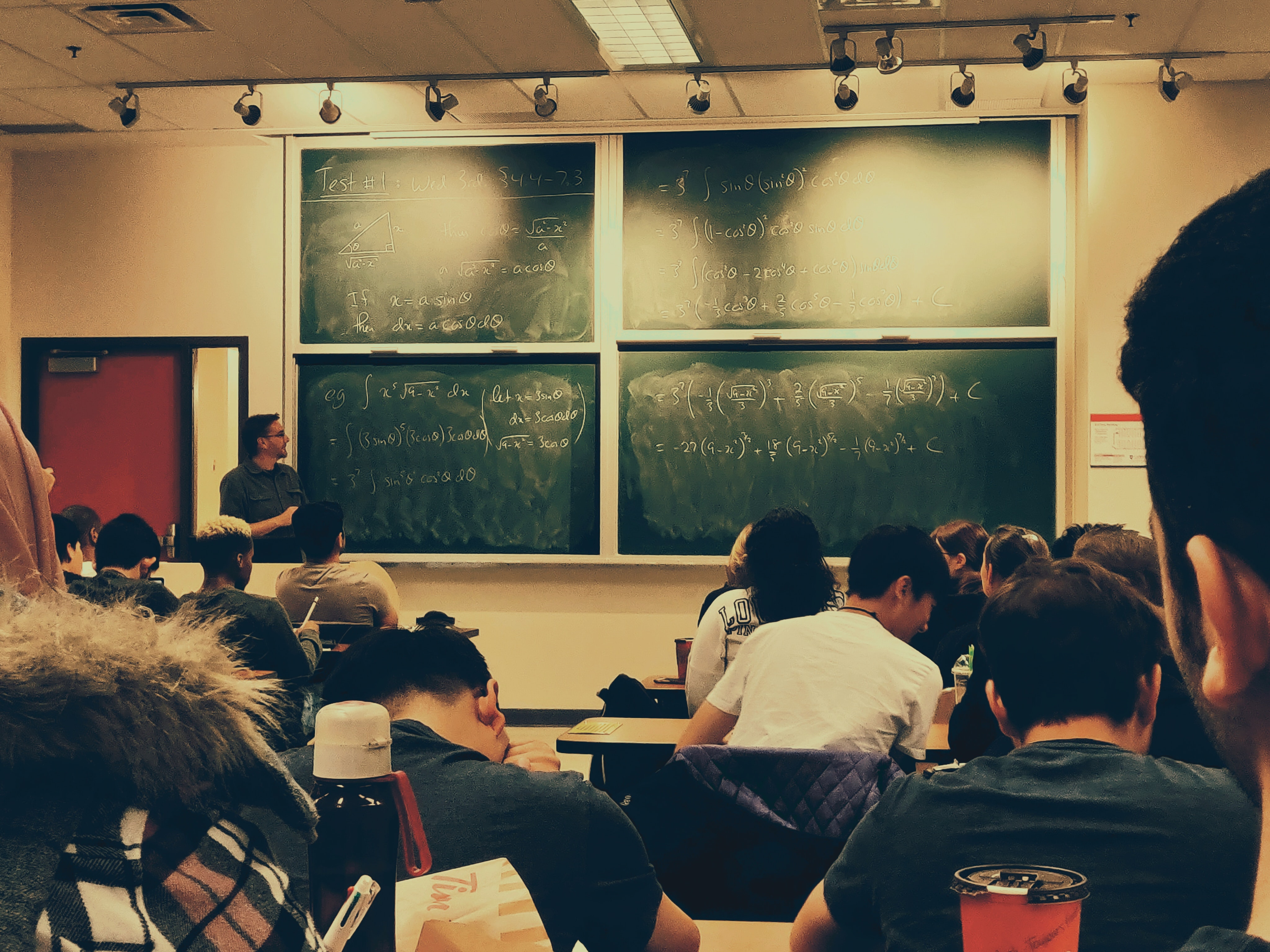
Geflüchtete in der Studienvorbereitung. Erfolgreiche Abschlüsse und Entwicklungspotenziale
Hannover, 26.11.2020. Unter den Studienbewerber*innen aus Nicht-EU-Ländern befinden sich in den letzten Jahren zunehmend hochqualifizierte Geflüchtete. Ihre Studienvorbereitung hat sich nicht zuletzt durch öffentliche Förderprogramme des Bundes, wie das Integra-Programm, aber auch durch Programme vieler Bundesländer weiter entwickelt. Der heute erschienene DZHW-Brief gibt Einblicke in die formale und praktische Ausgestaltung der Hochschulzugangswege Geflüchteter sowie ihre Situation in der Studienvorbereitung. Welche langfristigen Wirkungen Innovationen im Bereich der Studienvorbereitung haben, muss sich noch zeigen, auch weil viele Projekte von kurz- und mittelfristiger Projektförderung abhängig sind. Schon jetzt dokumentieren aber Befragungsdaten des Projektes WeGe, dass viele geflüchtete Studienbewerber*innen die Studienvorbereitung erfolgreich abschließen konnten. Die Studie des DZHW schätzt die Erfolgsquote auf rund 72 Prozent, also fast drei Viertel der befragten geflüchteten Studienbewerber*innen. Dabei ist die Studienvorbereitung durchaus von finanziellen Problemen oder einer als unsicher wahrgenommenen Aufenthaltsperspektive belastet. „Da Geflüchtete die Studienvorbereitung trotz alledem in der großen Mehrzahl erfolgreich abschließen, erweist sich eine Defizitperspektive auf diese Gruppe als unbegründet. Vielmehr könnte eine Ressourcenperspektive dazu beitragen, Potenziale noch besser zu nutzen“, erläutert der Projektleiter Michael Grüttner. Als vorteilhaft erweisen sich laut der Untersuchung des WeGe-Projekts insbesondere eine starke Bindung an das angestrebte Studienfach sowie die sprachliche und soziale Integration. Diese Faktoren helfen, wichtige Ressourcen zu mobilisieren, um dem Ziel näherzukommen, ein Studium in Deutschland aufzunehmen. Dennoch unterscheiden sich Geflüchtete in der Wahrscheinlichkeit ihres Studienvorbereitungserfolgs von anderen internationalen Studienbewerber*innen, deren geschätzte Erfolgswahrscheinlichkeit nämlich noch einmal 15 Prozentpunkte höher liegt, also bei 87 %. Deshalb gehen die Hochschulforscher*innen davon aus, dass eine bessere Flankierung der Studienvorbereitung durch andere hochschul-, sozial-, und migrationspolitischen Regelungen sowie eine frühzeitige individuelle Bildungs- und Studienberatung und zielgruppenorientierte Informationsstrategien dazu beitragen könnten, bei geflüchteten Studienbewerber*innen weitere Potenziale zu erschließen.
DZHW Brief hier.
MG
Sep
2020
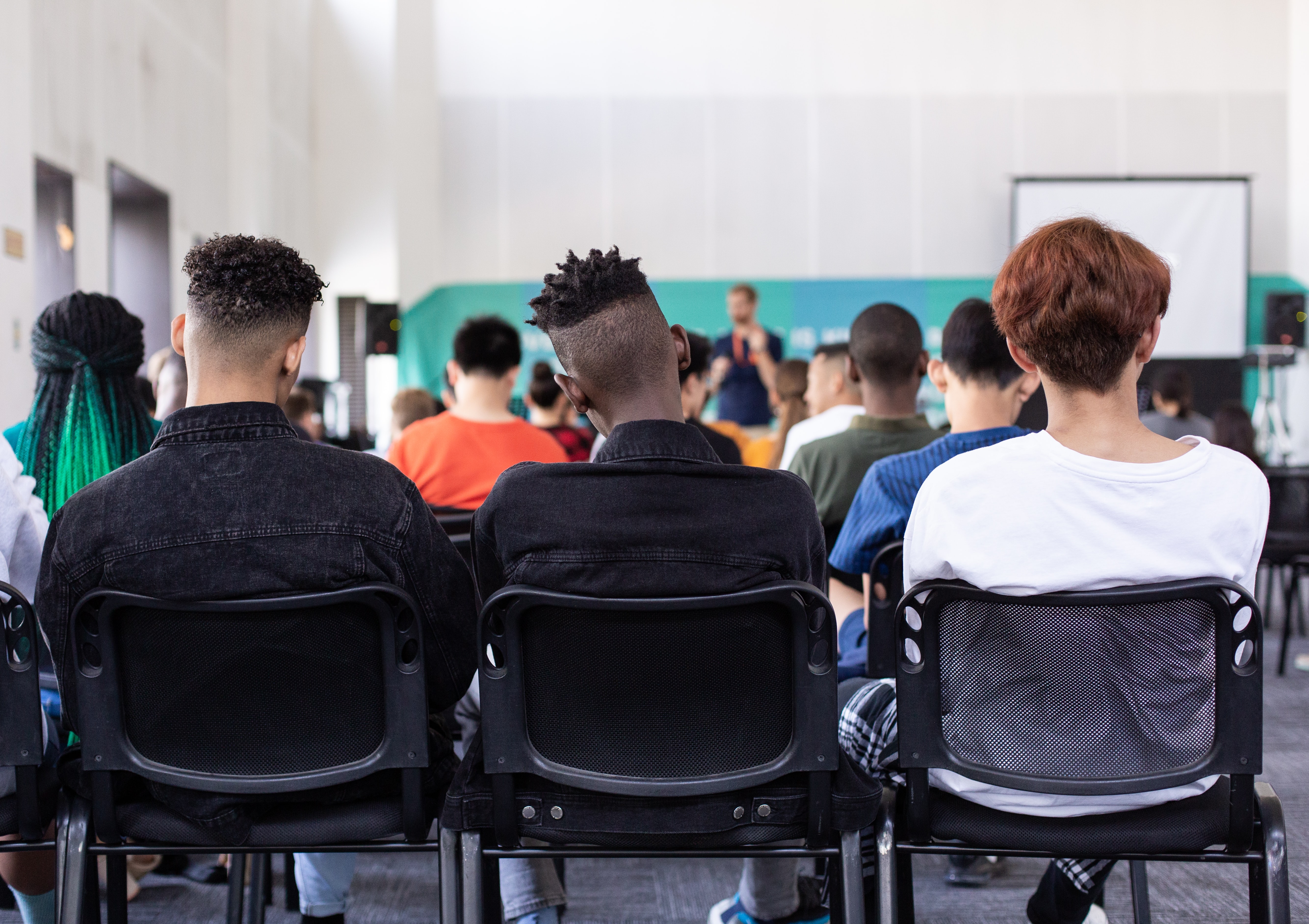
Save the date: Final online-workshop of the project WeGe on December 7/8, 2020
On December 7th and 8th 2020, our team will look back on more than three years of intensive research. Based on various qualitative and quantitative surveys, some of which were conducted repeatedly, we examined enabling factors as well as barriers to successful study preparation for refugees in Germany. The workshop program offers in-depth insights into the research results of the different partial studies.
To what extend has the participation of refugees in higher education been successful so far? What specific challenges are they facing during study preparation and what comparisons can be made with other international students without refugee background? How can the admission and preparation process for refugees be successfully organized by universities and preparatory colleges? What are the effects of study preparation, for example regarding the feelings of belonging and well-being of prospective refugee students? All these questions will be explored at the workshop.
Furthermore, other relevant research projects in the area of forced migration/flight and higher education are invited to present their results and an exchange between science and practice will be established. The workshop will therefore conclude with a panel discussion on the effects of the Corona pandemic on the study preparation of international students with and without refugee background.
A preliminary workshop program can be found here.
A registration form is also available on the website. If you have any questions please contact us via E-Mail: wege@dzhw.eu.
Jul
2020
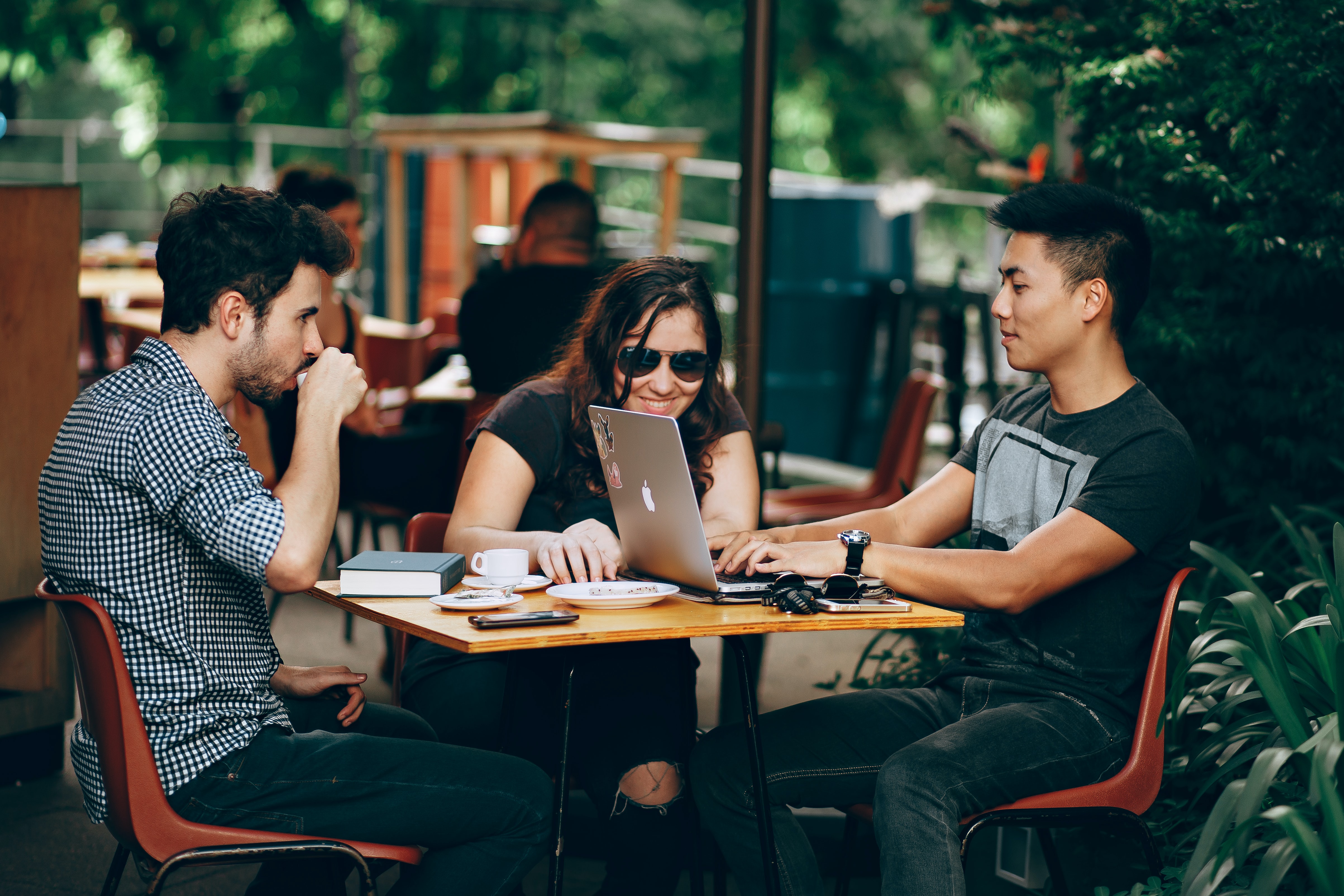
Publication: Critical points for educational and career advice
Based on the findings from three years of academic study of the pathways of refugees into German higher education, an article in the journal dvb forum now summarizes critical points for educational and career advice for adult refugees with an interest in studying for practice-oriented readers. The article conveys a picture of the situation of refugees on their way to university and the main challenges involved. Following a process-oriented approach, stations on this way are identified and information on the specific advisory needs is formulated.
MG
May
2020
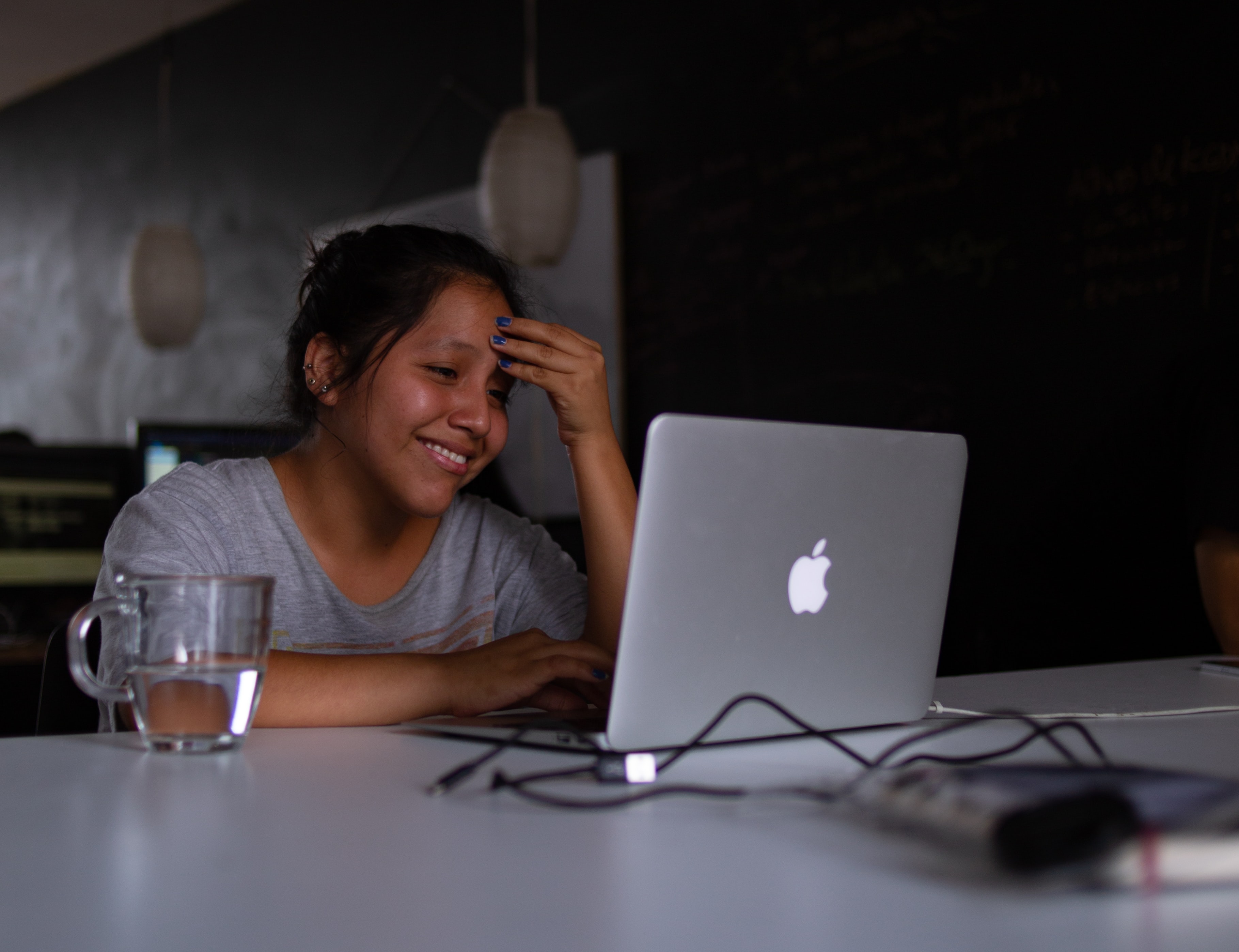
Many thanks to all participants of the Study Preparation Survey 2020!
STS
Apr
2020

Publication: Integration of Refugees at German Universities
Some of the results of our partial study, in which prospective students with and without refugee background were interviewed, are also published in the information booklet.
It becomes clear that even if they have already made the way to university, the prospective students with refugee background are still confronted with numerous challenges, ranging from (technical) language problems to questions regarding residency law as well as financial worries. Targeted study support and the expansion of offers for good linguistic, professional and social support are necessary to increase the study success of international students.
The whole information booklet with many more results can be downloaded (here) free of charge.
Mar
2020

Third wave of the Study Preparation Survey in the exceptional situation due to the Corona-Virus
StS
Feb
2020

Next Online Survey will start very soon
The online survey focuses on the education and career paths after participating in a study preparation course. We particularly would like to get to know more about the challenges participants face in this process and how they meet these challenges.
All participants have the chance to win a new Apple iPad or book vouchers worth 25 Euro.
We are really looking forward to your participation, every participation counts!
StS
Dec
2019

Publication: Belonging as resource of resilience
MG
Nov
2019
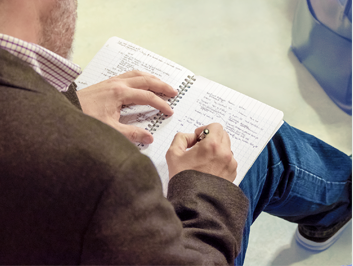
Online survey: Thank you for your support!
All participants who have allowed us to use their email address for a raffle will now also be given the opportunity to win a tablet as a first prize or a book voucher as a second prize. In addition, 5 ¤ vouchers will be distributed.
The answers show us that the overwhelming majority of respondents are on the way to university - e.g. waiting for admission - or already studied. Of course, we are looking forward to it and wish you continued success in your studies. Especially for those who have taken other paths, we want to thank you especially for participating in the survey.
Already in the spring of next year, we will again start an online survey and invite all participants again. But now we are looking forward to inquiry and stay curious.
MG
Jul
2019

Does Higher Education (HE) Promote Integration? Symposium from July 10th to 12th 2019 in Hanover
The symposium "Does Higher Education (HE) Promote Integration? The Dynamics of Integration and Academic Success for Students of Refugee Background (SoRB) at German Universities", funded by the VolkswagenFoundation, starts next week. Organisers are the German Centre for Higher Education Research and Science Studies, represented by Prof. Dr. Monika Jungbauer-Gans (scientific director) und Jana Berg (project "WeGe"), and the Berlin Refugee Research Group, represented by Prof. Dr. Bernhard Streitwieser (George Washington University, Washington D.C.).
Researchers from higher education, international education, migration and refugee studies, as well as invited experts and SoRB themselves will engage in the exchange of ideas around access to higher education, integration chances, as well as the role of organizational and institutional contexts. While the focus will squarely be on Germany, international comparisons will also permeate every facet of the symposium. In a particular panel, students and academics of refugee background will reflect on conditions and chances of promoting integration through higher education. The program can be downloaded here. As part of the symposium, the latest results from our ongoing research project WeGe will also be presented. A lecture examines the learning strategies of participants in Studienkolleg courses. A poster summarizes the results of qualitative interviews with refugees and experts as well as the first questionnaire survey among participants in preparatory courses.
StS / MG
May
2019
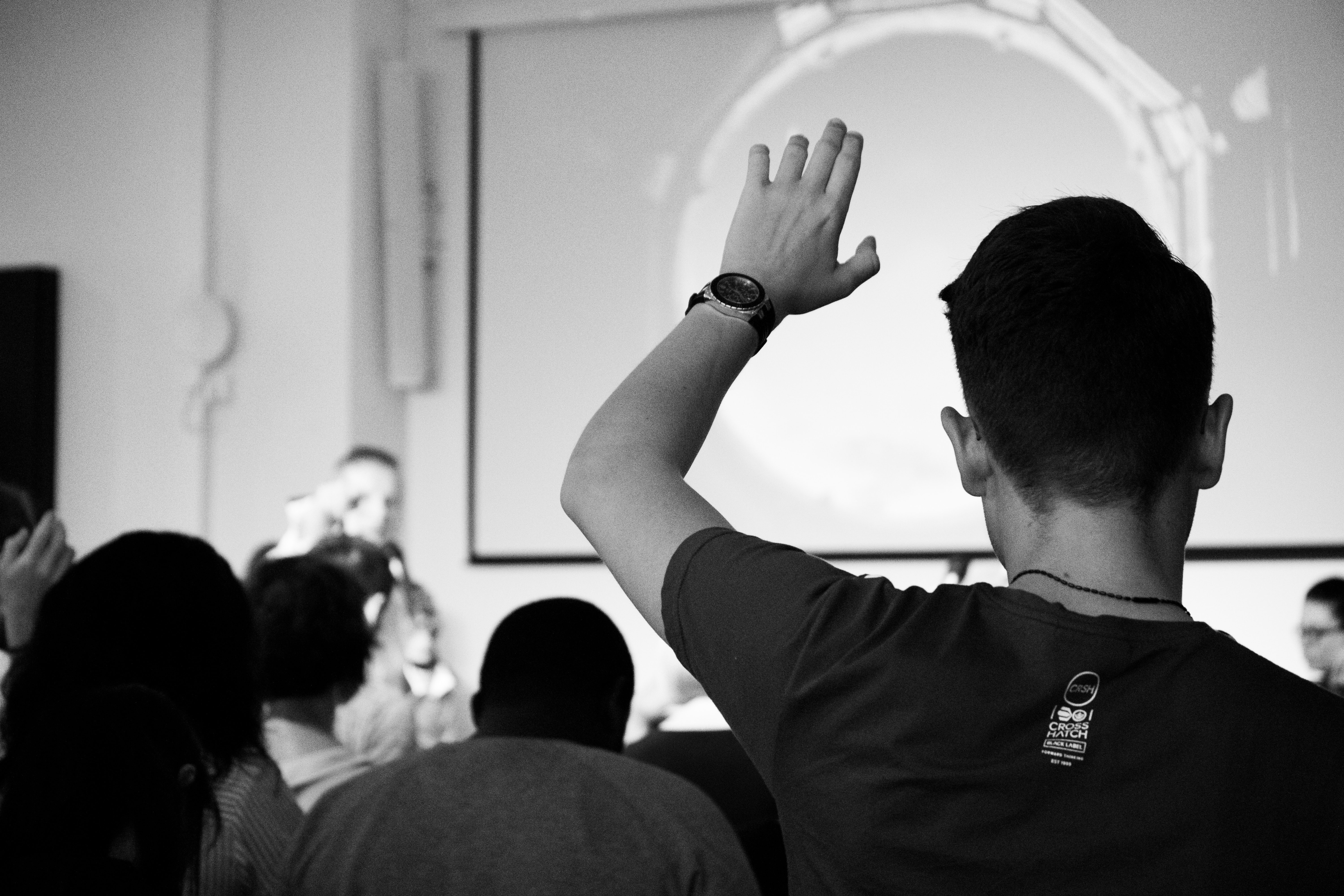
Which factors can lead to drop-out intentions and influence the self-perceived chances of success?
One of the research questions we are dealing with in the WeGe project is about the requirements for a successful transition from study preparation to univerity study. With initial quantitative data from our study preparation survey, we can now examine factors associated with intentions to drop-out of study preparation for refugee and other international students and how confident they are to pass the exam at the end of the course preparation. We were able to present the first results at the 1. International User-Conference of the Research Data Center of the DZHW and discuss them with international university researchers. Many thanks at this point for the constructive feedback on the presentation. First results indicate that refugee prospective students by no means judge their chances of success worse than other international students. However, they think a little more frequently to drop-out from study preparation. We are currently preparing our analyzes for publication in an anthology and look forward to presenting more results here soon.
MG
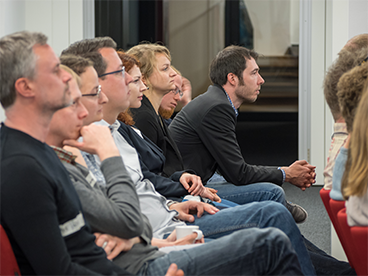
Presentation at the spring-conference of the Section Education and Training of the German Sociological Association (DGS)
Subject choice and access to the desired field of study are key factors for starting to study. If students are strongly interested in their subject their motivation to study is higher and they tend to maintain their study goals, even if there are attractive alternatives like vocational education and training. On the other hand the likelihood of drop out increases if students cannot access their desired field of study. It is worth investigating these issues already during study preparation of international students with and without refugee background, since a high risk of drop out is repeatedly reported for this group.
We therefore analyzed the aspirations of participants in study preparation courses with and without refugee background regarding the following questions: 1) what causes a possible discrepancy between students' desired fields of study and the programs they realistically expect to study once they have finished the preparation course? 2) And what dimensions and patterns of reasoning can be reconstructed from the perspective of the students? We analyzed the first wave of the study preparation survey comprising 1019 respondents of 74 preparation courses. Additionally, we interpreted eleven episodic interviews with refugee students of the explorative preliminary study.
Convergence or discrepancy between the desired and the realistically expected field of study are influenced by the evaluation and recognition of degrees and credits as well as subject-specific access restrictions. Furthermore, prior educational pathways and biographical resources and also social capital and information are affecting the access chances to higher education.
StS
Publication: Study Preparation at German
Recent research shows that a remarkable share of refugees who arrived in Germany over the past few years is highly qualified and has strong educational and academic aspirations. Preparatory colleges ('Studienkollegs') are important institutions for study preparation of non-EU international students in Germany, among them more and more refugees. So far, research on 'Studienkollegs' is scarce. Our paper describes the institutional pathways of study preparation and access to higher education for prospective refugee students. Based on a qualitative case study, we analyse interpretative patterns of study preparation at German 'Studienkollegs'. We reconstruct two different interpretative patterns across the groups of teachers and learners as meritocratic (re-)interpretations of difference. Teachers and learners tend to disregard structural inequalities. We conclude with some implications for higher education policies and further research.
link: https://doi.org/10.5456/WPLL.21.2.67 StSJan
2019

How is higher education valued by refugees and what challenges do you encounter on the way to university? Exploratory study published in Global Education Review.
The situation of prospective students with a refugee background has been empirically investigated in Germany so far. Therefore, in 2017, we carried out an exploratory study and conducted interviews with prospective students and staff at universities and counseling services for publication in the journal Global Education Review. In this article, key findings, which are also presented in our DZHW-Brief 5/2018, are described in more detail, and interpreted within a theoretical framework. This theoretical framework is based on the Capabilities Approach of Amartya Sen and on the Pragmatic Sociology of Laurent Thévenot.We look more closely at how prospective students with a refugee background attribute value to higher education, which lines of action they develop to achieve this esteemed goal, and which challenges and conversion factors matter when the valued goal becomes a successfully completed transition to tertiary education. Particularly important in this context are early, clear and reliable information for refugees who are interested in studying, a motivating social environment and, not least, sometimes contradictory legal frameworks in the areas of asylum, social and university law. For example, residence restrictions can be a major barrier and can result in long commuting distances.
MG
Oct
2018

Surveys at Studienkollegs and Higher Education Institutions: Our
MG
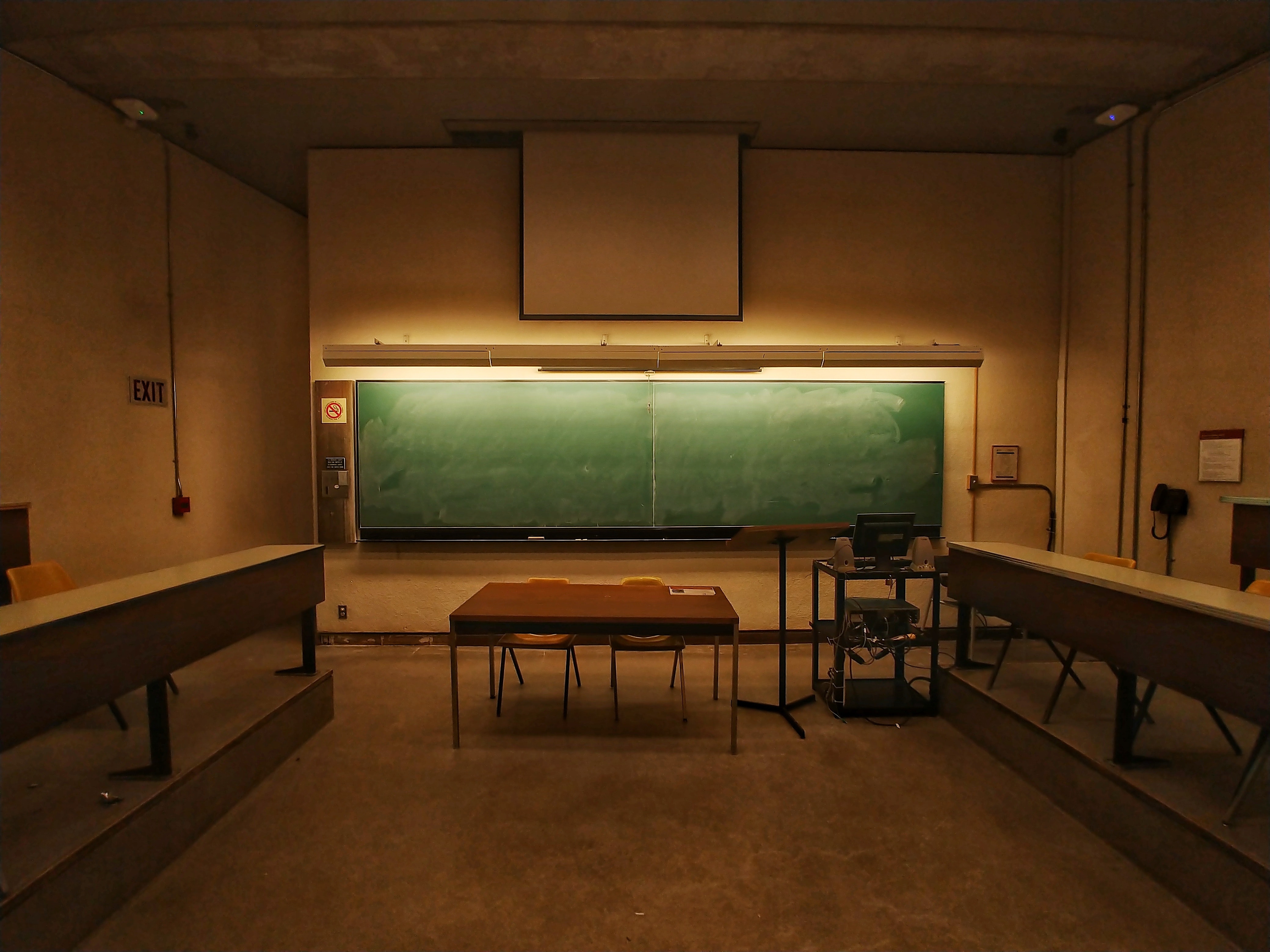
Conference on refugee studies in Eichstätt
JB/MG
Sep
2018

Education and forced migration at DGS Congress in Göttingen
JB
Aug
2018

Focus group discussion at August 2018
We welcomed some of our interview partners of the preliminary study at the DZHW again to take part in a focus group discussion. The meeting aimed on following-up the insights of our preliminary study within which we originally conducted the interviews with refugees.
We presented our key findings published also in DZHW-Brief 5 2018 (download). The participants critically commented on the results and added important aspects from their individual perspectives. We thank all of them very much for sharing their personal experiences in such an open minded atmosphere with us! Regarding our further research, we were glad to collect more background details in order to better understand our findings and always consider the wider picture of the interplay of studying and being a refugee in Germany today.
In the last part of the focus group discussion the participants critically reviewed single questions from the initial outline of the questionnaire that will be used within the first wave of the quantitative panel study in autumn 2018. We got many helpful ideas to finalise our questionnaire and will implement them as soon as possible.
Again, we thank all of the participants of this focus group meeting very much for the discussion!
StS

Publication “The situation of refugees on their way into higher education“
How is access to higher education in Germany generally institutionalized? What challenges do refugees face on their way to higher education institutions? How do they gain agency and where do they experience frustration? These questions are investigated by the DZHW project "Refugees on their way into German Higher Education (WeGe)". First insights are summarised for the DZHW Brief 5/2018, which is published today.
Higher education institutions as well as refugees are struggling with various challenges which cannot be influenced directly by them. These challenges are based on political integration conditions as well as the financial and housing situation amplified by matching problems concerning previous language learning offers and requirements of the language courses universities are recently establishing for the study preparation of refugees. Moreover, the competition for places in preparatory courses and language centers is high. In sum, these circumstances are likely leading to a delay in entering study preparation courses that are suitable for the special needs of refugees with academic aspirations, among them holders of higher education entrance certificates or even students, who had to interrupt their initial studies as they were forced to leave their home countries.
A free download of the DZHW-Brief 5/2018 is now available.
MG

Literature Review published in the German Journal for Refugee Studies
JB
May
2018

Interviews und Pretest des Fragebogens: Vielen Dank für die Unterstützung!
Viele Teilnehmer*innen aus studienvorbereitenden Kursen haben uns durch ausführliche Gespräche geholfen, einen adressatengerechten Fragebogen zu erstellen. Es war ein langwieriger Prozess, einen Fragebogen zu entwickeln, der die allgemein wichtigsten Aspekte der Lebenssituation und der Lernprozesse erfasst und dabei auch das große Erfahrungswissen mit aufnimmt, das uns in den Gesprächen mit Kursteilnehmer*innen zuteilwurde. Vielen Dank an alle, die bereit waren mit uns zu sprechen.
Ein ganz besonderer Dank gilt auch den Teilnehmer*innen von insgesamt sechs Vorbereitungskursen (Schwerpunktkurse und Sprachkurse) an unterschiedlichen Hochschulstandorten, die bereit waren unseren Fragebogen zu beantworten. Sehr geholfen hat uns dabei die engagierte Vorbereitung der Befragungstermine durch die Kurskoordinator*innen und Kursleiter*innen.
Wir bedanken uns für das große Vertrauen, dass uns sowohl in den qualitativen Interviews als auch bei den Befragungen im Kursverband entgegengebracht wurde. Und freuen uns darauf im nächsten Semester mit unserem Fragebogen bundesweit viele weitere Hochschulstandorte zu besuchen, um die Frage nach den Bedingungen eines erfolgreichen Weges ins Hochschulstudium in Deutschland weiter aufklären zu können.
MG
Mar
2018
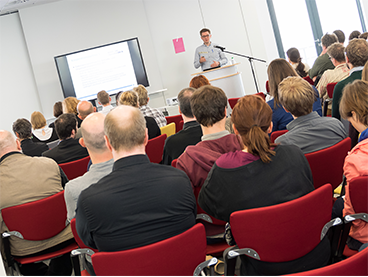
Impressions of the DAAD conference
Since 2015, the German Acadamic Exchange Service (DAAD) offers a comprehensive package of measures, founded by the Federal Ministry of Education and Research (BMBF), to support the integration of prospective refugee students into the higher education system. One of these programs is the Integra program for which first data were analysed and published within our WeGe project (link).
Over recent months, the DAAD could support many universities and Studienkollegs. Due to the rising number of participants, new opportunities and challenges are occurring in order to provide the optimal support for refugees during their studies. Many upcoming questions, results but also challenges were discussed at the conference in Berlin from 14th to 16th March. The conference aimed to get new ideas how to improve the support programs for prospective refugee students.
Getting in touch with participating refugees, representatives of the universities and politicians was helpful to get new important impulses. During various workshops and trainings, we could expand our knowledge about asylum rights, intercultural communication and evaluation of measures. It was a great opportunity for us to get in contact with others and to exchange knowledge and expertise with practitioners.
CS
Dec
2017
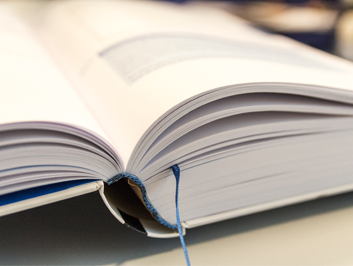
Publication “Integrating Refugees into the German Higher Education System“

First Workshop „Challenges of quantitative and qualitative research with refugees“ of 30 November 2017
Oct
2017
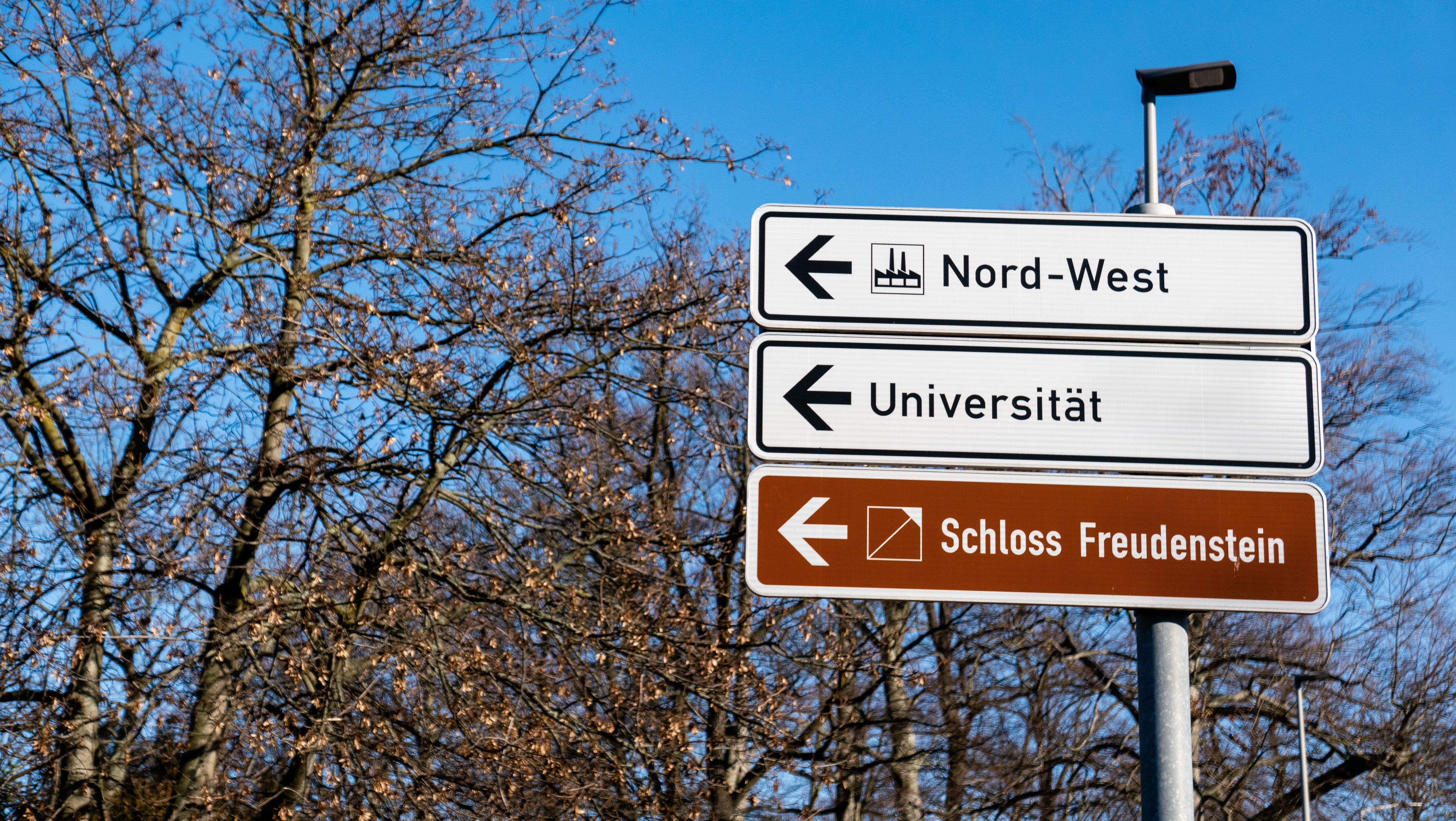
Expert interviews with staff at Universities, Studienkollegs and counselling: Many thanks to all participants!
We successfully conducted our planned interviews with experts at selected universities, preparatory colleges, and social and educational counseling. We were able to gain many insides about the important work and the various approaches, perspectives and problems at hand. Only two of them should be highlighted hereafter:
1) The many offers of language classes of different institutions are experienced as confusing. Assessing their quality can be a difficult challenge for refugees as well as for counselling experts.
2) Livelihood funding is an existential problem for many participants in pre-study programs, which in the perspective of interviewees also has consequences for learning achievement. This problem persists in the study, whereby regulations would help to avoid or bridge funding (BAföG) gaps.
Many thanks to all participants from Studienkollegs, universities, social and educational counselling. We conduct the content analysis of the interviews in order to be able to publish extensive results soon.
MG
Sep
2017

Open space workshop in Berlin: A perfect opportunity for exchange with peer researchers and preparations for our first interviews with refugees
We are about to start our first explorative interviews with refugees. In order to be fully prepared, we read into previous studies in which interviews with refugees were conducted and on related theoretical and methodological debates. We discussed central issues like language barriers, an understandable informed-consent form or possible (re)traumatization at an open space workshop on ‘qualitative migration research today’. The event was organized by the German sociology association (DGS) and the Berlin Institute for Integration and Migration research (BIM) and offered an open format for discussions and exchange of experience. Participants suggest and discuss their topics of interest. This way, issues arising from current fieldwork and debates can be addressed directly with peer researchers. We got some additional inspirations for our interviews and are ready to start the fieldwork. It promises to become very interesting.
JBJul
2017

Study presented at an international conference in Portugal
MG
Jun
2017

Presentation of „WeGe“ at the conference „Study success and student drop-out. Recent research results and research activities“ in Berlin
Since the beginning of 2017, the Federal Ministry of Education and Research launched the funding programme "Study success and student drop-out" with in total 20 research projects, among them our project "WeGe –Transitions of refugees into German higher education institutions". On 8th and 9th of June, all funded projects came together for their first joint scientific symposium, invited by DLR project sponsor.
Aiming on significantly and sustainably reducing student drop-out, the projects are using various approaches and research methods and testing concrete measures to explore supportive factors and effective conditions for study progress and success.
Besides our project "WeGe", the projects "SeSaBa -Success and withdrawal of international students in Germany" and "SPRASTU – Language and study success of international students" focus on special study conditions of international students. Together with projects of STEM-disciplines we had a joint meeting at an expert forum within the conference, got to know each other and began to exchange our perspectives on common research questions.
STSApr
2017




